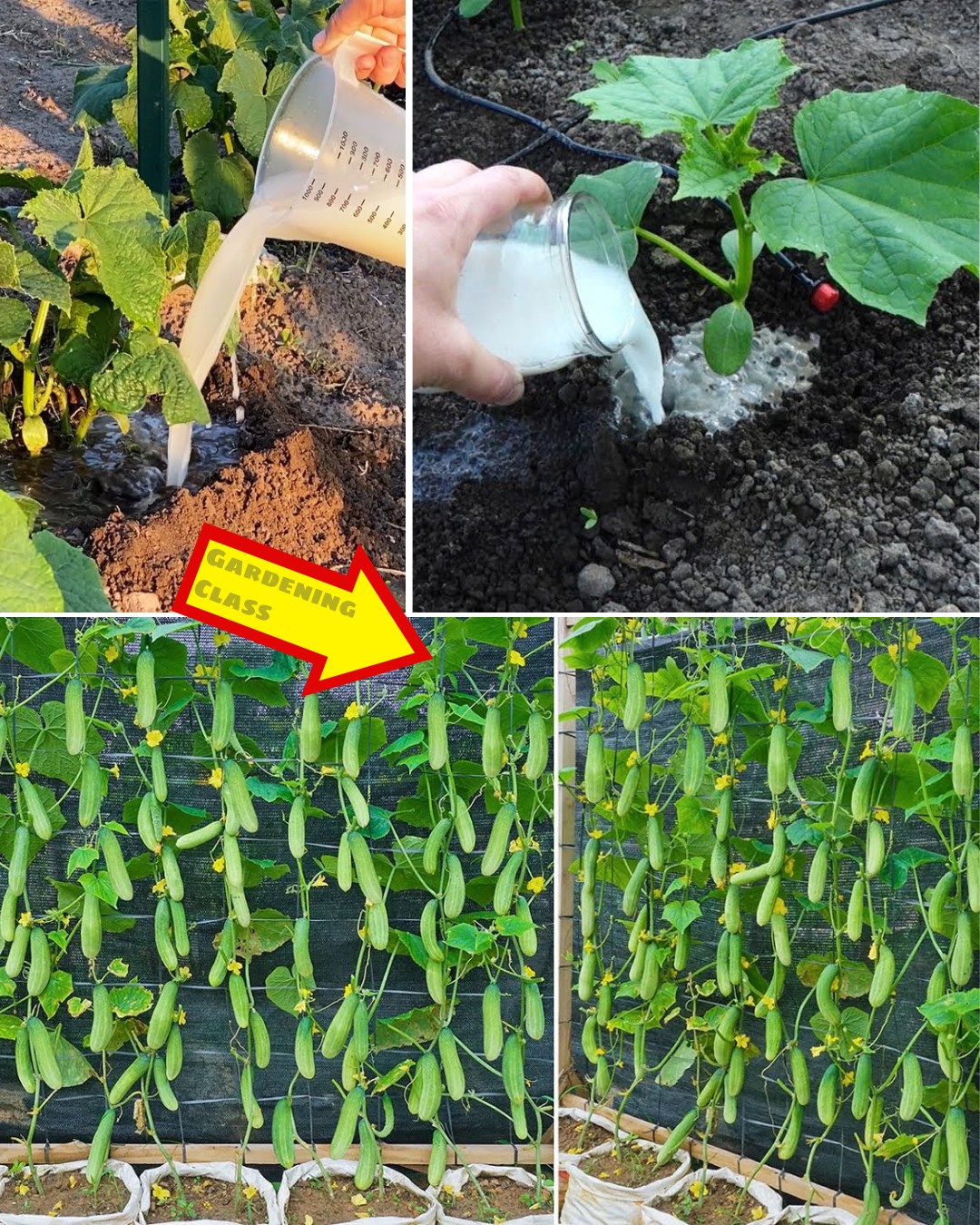Unlocking the Secret to Bountiful Cucumber Harvests: Top Natural Fertilizers
Cucumbers, with their crisp texture and refreshing flavor, are a beloved addition to any garden. Yet, achieving a bountiful harvest requires more than just planting and watering. The key lies in the soil, and specifically, in the natural fertilizers that nourish it. In this article, we explore the top natural fertilizers for cucumbers, providing a comprehensive guide to unlocking their potential for an outstanding yield.

Understanding Cucumber Nutritional Needs
Cucumbers are considered heavy feeders, meaning they require a nutrient-rich soil to thrive and produce abundant fruit. They particularly benefit from nitrogen (N), phosphorus (P), potassium (K), and essential micronutrients. Fulfilling these nutritional requirements naturally not only promotes healthier plants but also aligns with sustainable gardening practices.
The Best Natural Fertilizers for Cucumbers
- CompostWhy It Works: Compost serves as a nutrient powerhouse, enhancing soil structure and moisture retention. It offers a balanced blend of N, P, and K, along with vital micronutrients.
How to Apply:
- Start with well-rotted compost, ensuring it is dark and crumbly.
- Incorporate it into the top layer of soil before planting.
- Apply a 2-inch layer around the base of growing plants as a mid-season side dressing to replenish nutrient levels.
- Worm CastingsWhy It Works: Worm castings are nutrient-rich and teeming with beneficial microbes. They provide a slow-release form of nitrogen, crucial for cucumber foliage growth.
How to Apply:
- Mix worm castings into the soil during planting.
- Use as a top dressing around plants throughout the growing season to stimulate growth.
- Fish EmulsionWhy It Works: This liquid fertilizer boasts high nitrogen content, promoting vigorous growth and increased yields in cucumbers.
How to Apply:
- Dilute fish emulsion following package instructions.
- Apply to the soil around plants every 2-3 weeks during the growing season, especially during vegetative growth phases.
- Wood AshWhy It Works: Wood ash is a valuable source of potassium, essential for cucumber fruit development. It also helps raise soil pH, beneficial for cucumbers in acidic soil conditions.
How to Apply:
- Ensure the ash is cool and sourced from untreated wood.
- Sprinkle a thin layer around the base of cucumber plants, avoiding contact with stems or leaves.
- EggshellsWhy It Works: Crushed eggshells provide calcium, aiding in the formation of strong cellular walls in cucumbers and preventing blossom end rot.
How to Apply:
- Rinse and dry eggshells, then crush into small pieces.
- Incorporate crushed eggshells into the soil around cucumber plants or add them to compost.
Leveraging natural fertilizers for cucumber cultivation benefits both gardeners and the environment. By supplying cucumbers with essential nutrients naturally, you can enjoy a prolific and healthy harvest. Remember to tailor your fertilization approach to meet the specific needs of your cucumber plants, and you’ll be well on your way to a successful growing season. Happy gardening, and may your cucumber harvest be the best yet!
